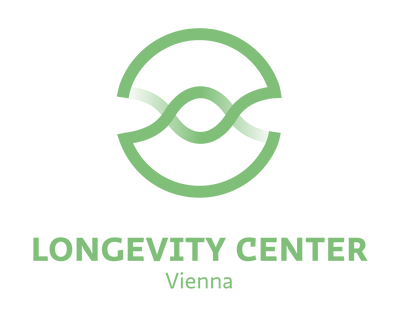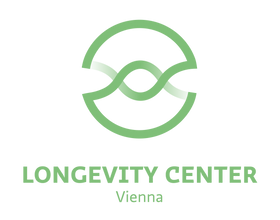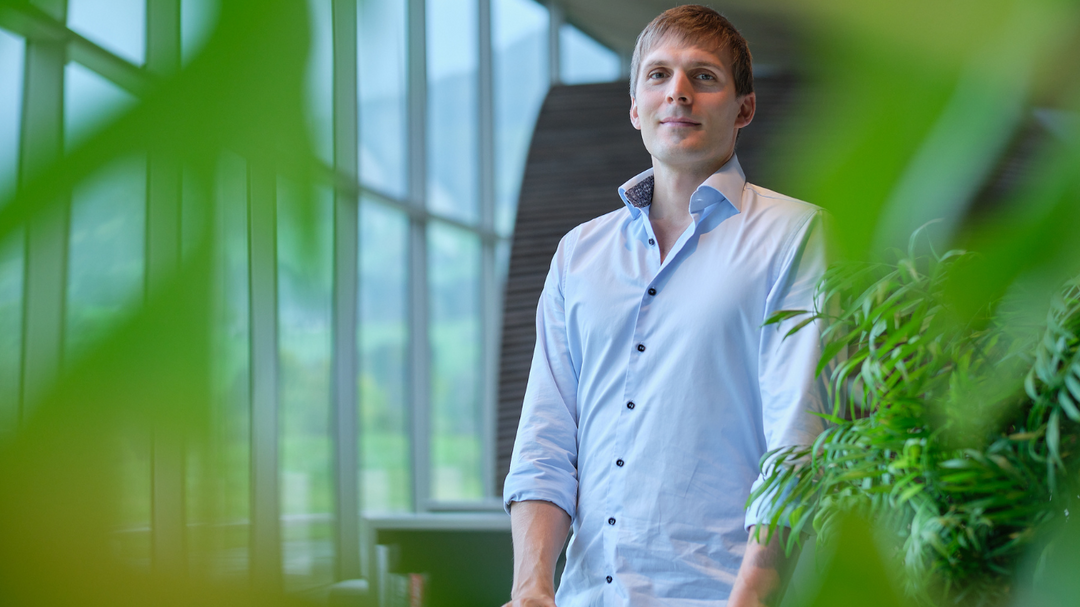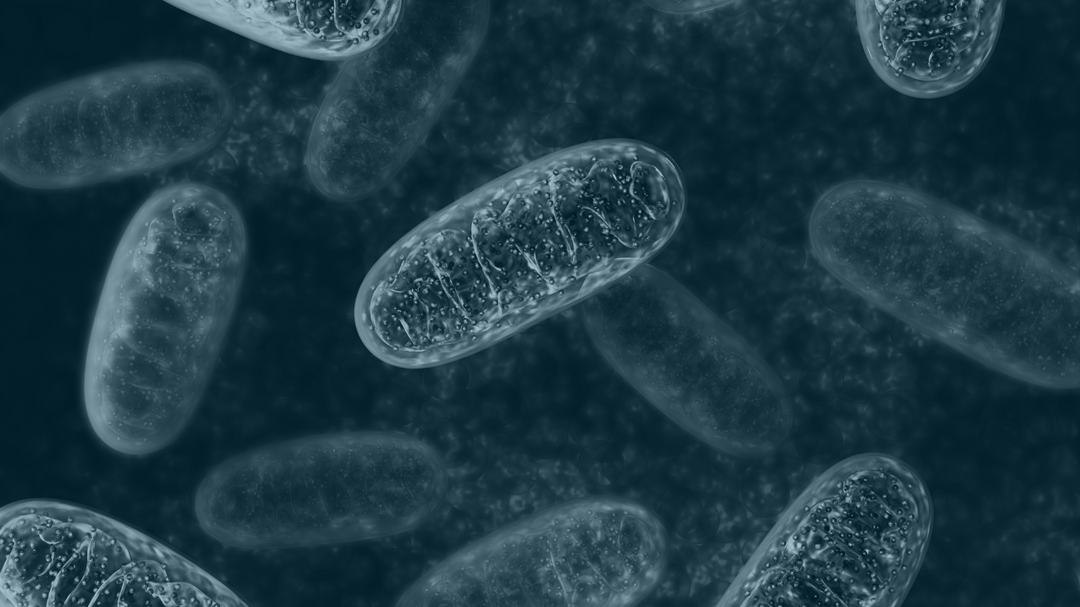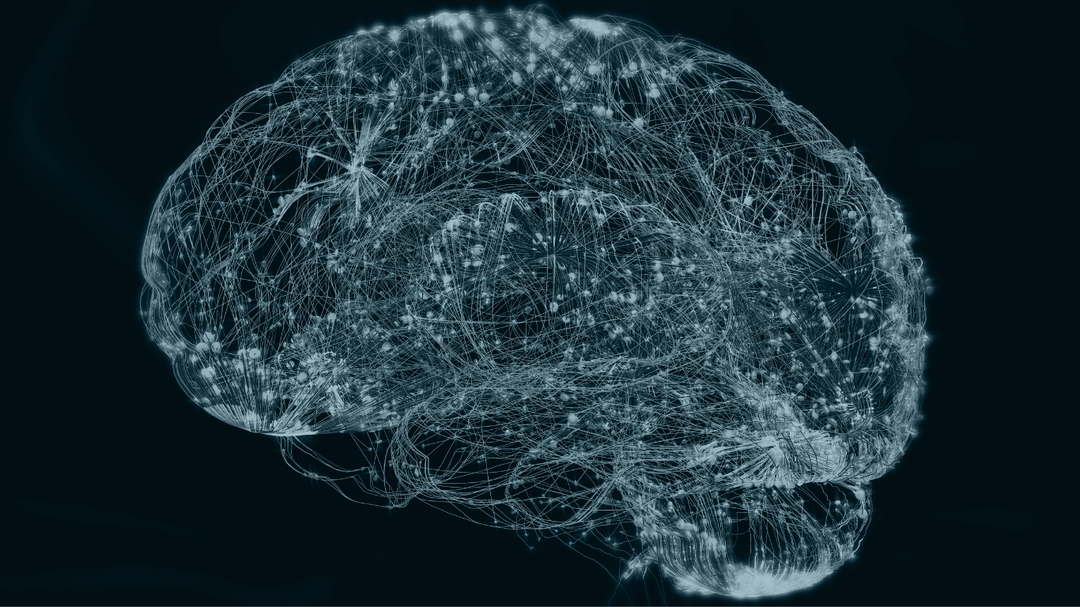What is biohacking?

What is biohacking?
Biohacking is a broad concept aimed at maximizing the health and performance of body and mind. It is based on the belief that the human organism can be improved through targeted interventions to achieve its full potential. Unlike conventional health strategies, biohacking goes beyond this and focuses on the entire spectrum of well-being, cognitive performance, and physical fitness.
In short, biohacking is active biological self-optimization. The term "self-optimization" is often thrown around, but for some people, it has negative connotations because it suggests pressure and the constant striving for improvement. This often leads to the question: "Why should I constantly have to improve myself?" But it is human nature to want to develop further, and this is a fundamental psychological need. In this context, biohackers focus particularly on the body and mind.
The term biohacking was coined in the USA and gained popularity, particularly through Dave Asprey. Asprey, a prominent biohacker and entrepreneur, has focused extensively on optimizing human health and performance. Among other things, he developed "Bulletproof Coffee," a special blend of high-quality coffee, grass-fed butter, and MCT (medium-chain triglyceride) oil. Asprey claims that this coffee can enhance mental clarity, increase energy, and boost metabolism.
Biohacking is often mistakenly associated with technological interventions in the human body, for example through the implantation of computer chips.
In reality, biohacking is about much more fundamental principles:
- The intensive examination of one’s own biology.
- Taking responsibility for your own health.
- The implementation of targeted measures to strengthen body and mind.
Why is biohacking necessary?
Modern lifestyles bring with them many health challenges. We live in a world where chronic diseases are widespread. People spend a lot of time in urban environments, often indoors under artificial light, consume highly processed foods, and lack physical activity, while stress is omnipresent.
This lifestyle often leads to poor sleep quality and increased exposure to environmental toxins, which further weakens the human organism. Alienation from nature manifests itself in lack of energy and numerous health problems. Instead of simply treating symptoms, biohacking encourages people to take responsibility for their own health .
Back to nature
The path to a healthier life often begins with simple yet effective changes. The first step is to make your lifestyle as natural as possible. Spending time in nature has been proven to have positive effects on mental health—even simply looking at greenery can promote well-being. Developing a healthy sleep routine is equally important.
These include regularly watching the sunrise, turning off Wi-Fi at night, and reducing artificial light exposure in the evening. If artificial light is unavoidable, wearing blue-blocking glasses can help.
A balanced diet is another foundation of biohacking. Cooking with fresh, organic foods should become a norm, while highly processed foods, sugar, refined carbohydrates, and convenience foods should be avoided.
In addition, it may be helpful to eliminate common allergens such as gluten-containing cereals or cow's milk products from your diet for a while to observe how this affects energy levels and digestion.
Physical activity is also crucial, and it's best done in the morning and on an empty stomach: "First hunt, then eat." Strength training three times a week is an excellent way to boost physical and mental performance. Regular exercise increases blood circulation, promotes the release of endorphins , and supports metabolism.
In addition, targeted exposure to cold and heat, such as sauna visits or cold showers, can stimulate the body and promote overall health. Such measures can strengthen the body's resilience and stimulate the immune system.
Mental health and stress management
While physical health is of great importance, mental health also plays a
Health plays a central role in biohacking. In our fast-paced world, high stress levels are widespread. However, chronic stress can have serious health consequences. To counteract this, it's important to incorporate regular rest periods into your daily routine. Techniques such as meditation or yoga are proven methods for reducing stress and promoting mental well-being.
For those who struggle to establish these practices on their own, support from a coach or therapist can be helpful. Mental balance is essential for sustained health and performance.
Dietary supplements: An important building block
Given today's lifestyles, often characterized by stress, poor nutrition, and environmental pollution, the need for vitamins and nutrients is increasing significantly. At the same time, our food is often poor in essential nutrients due to industrial agriculture . Therefore, it makes sense to be aware of your own nutritional status .
An examination by a holistic therapist or doctor can help you choose the right nutritional supplements.
The following nutrients are particularly often deficient:
- B vitamins, which are important for energy and brain function.
- Magnesium, which plays a central role in muscle function and stress management.
- Vitamin D, which is essential for the immune system and bone health .
- Ubiquinol, a bioavailable form of coenzyme Q10, which is crucial for energy production in cells.
- Chlorella, an algae that contributes to detoxification and nutrient supply.
- Essential amino acids needed for muscle building and tissue repair .
- Omega-3 fatty acids, which have anti-inflammatory effects and are important for brain and heart health.
- Adaptogens such as Ashwagandha or Rhodiola Rosea, which help the body adapt to stress.
A well-dosed multi-preparation can also be useful to ensure a broad basic supply.
Measurement and data analysis: progress through feedback
To manage your health sustainably, it's advisable to regularly collect and evaluate data about your body. Measuring minerals and trace elements in your blood can provide valuable insights, as can analyzing other body parameters.
Modern technologies like fitness or sleep trackers offer helpful support. My personal favorite is the Oura Ring, which measures important parameters like heart rate variability, resting heart rate, and sleep quality. Such devices not only provide valuable feedback but also help develop better body awareness without handing over responsibility for your own health to technology .
Advanced biohacking methods
Those who want to go beyond basic measures can consider advanced biohacking methods.
This includes:
-
Neurofeedback: This technique monitors and trains brain activity to improve cognitive performance and reduce stress. It can help improve brain performance, sleep, and resilience.
-
Photobiomodulation: Also known as light therapy, this method uses special light waves to stimulate cell function and improve health. Red and infrared light are particularly used. The benefits of this technique range from promoting skin health and improving cell function to reducing inflammation and balancing hormones.
-
Intermittent hypoxia-hyperoxia training: This method, also known as "altitude training," simulates exposure to high altitudes by controlled reduction and increase of oxygen saturation in the blood. This strengthens the mitochondria, the "powerhouses" of cells, leading to improved cell quality and overall well-being. The training stimulates the proliferation of healthy mitochondria while degrading old or damaged mitochondria.
- Cold therapy: Another exciting biohacking method is cold therapy. Through deliberate exposure to cold, for example, in a cryosauna, the body can be stimulated to produce more heat. This has numerous positive effects, including reduced inflammation, better stress management, improved sleep quality, and increased mental resilience.
The “Why?” behind biohacking
A crucial aspect of any form of self-improvement is the question of "why." It's important to examine your own motivation: Is it about increasing your self-esteem and gaining recognition, or is the desire to maximize your potential?
It's essential not to be too hard on yourself . The path to becoming the best version of yourself should be enjoyable and in harmony with body and mind. Every change, no matter how small, counts, and the focus should always be on long-term health and happiness.
Biohacking is not a race, but a lifelong journey that enables you to live a more conscious, healthier and more fulfilling life.
